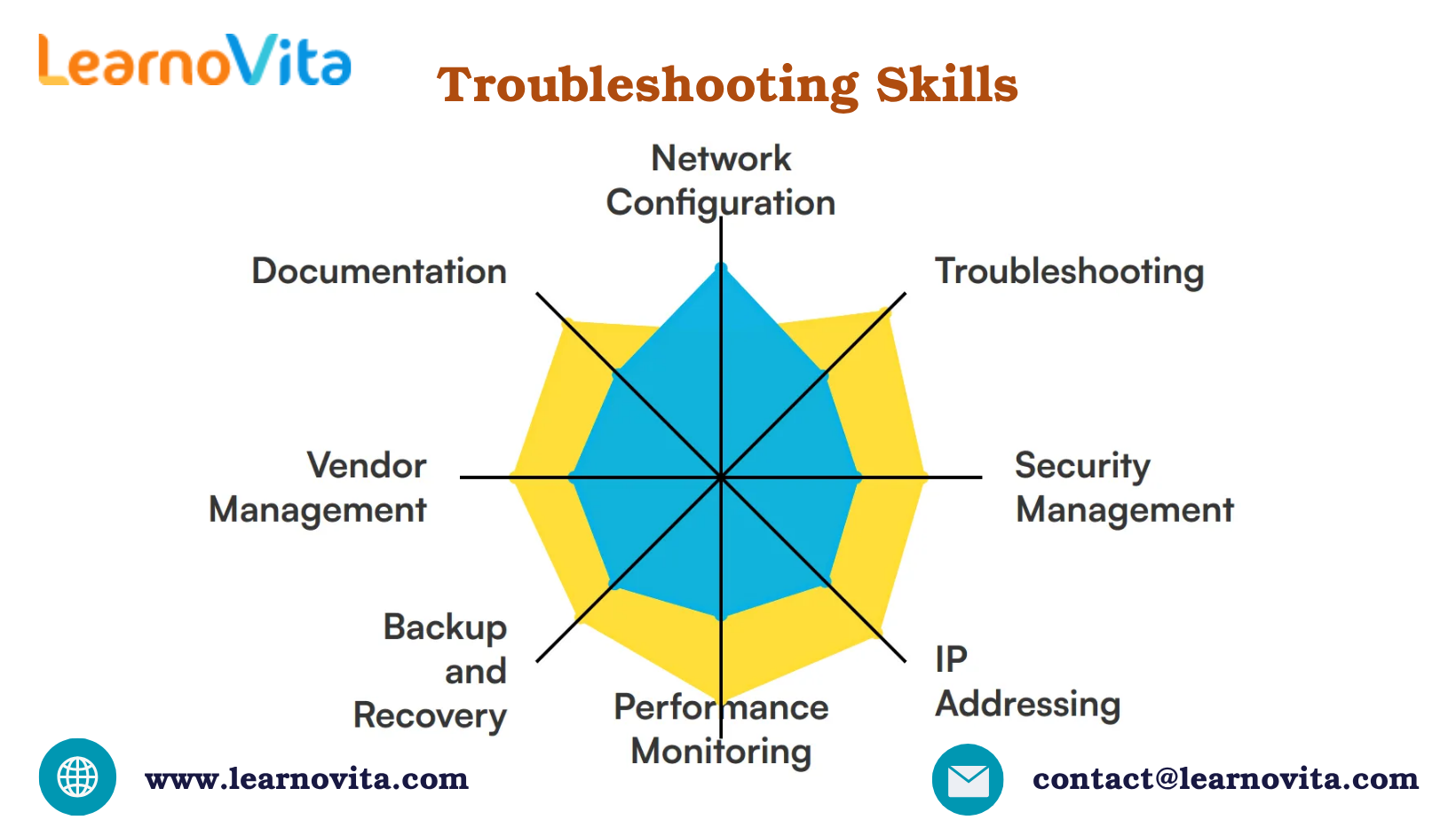Simplifying Cisco CCNA A Clear Introduction to Essential Networking Concepts
The Cisco Certified Network Associate (CCNA) is a globally recognized credential that serves as an entry point into the world of computer networking. Tailored for beginners, the certification offers a detailed understanding of how networks function, how devices communicate, and how to configure and troubleshoot core network components. This blog simplifies the CCNA’s core concepts to help aspiring professionals gain clarity and confidence as they begin their networking journey. The CCNA Certification Course provides a comprehensive foundation in networking concepts, making it ideal for beginners aiming to launch a career in IT and network management.

What You Need to Know About Networking Basics
At the heart of every network is the simple goal of connecting devices and enabling communication. The CCNA starts by teaching how this communication happens, introducing learners to key terms such as switches, routers, IP addresses, and protocols. It also explains how different devices interact and how data is routed from one point to another. This foundation is vital, helping learners understand larger, more complex systems in later stages of the course.
Key Topics Covered in Cisco CCNA
The CCNA certification curriculum touches on various networking areas. Here are the primary topics you’ll explore:
-
Network Fundamentals – Understanding how data moves through different types of networks using models like OSI and TCP IP.
-
Routing and Switching – Learning how routers and switches manage and control traffic.
-
IP Addressing and Subnetting – Assigning IP addresses and dividing networks into smaller, manageable parts.
-
Basic Network Security – Protecting data and controlling access through essential security configurations.
-
Wireless Networking – Introducing wireless standards and network setups using access points.
-
Automation and Programmability – Understanding the basics of automating network operations using modern tools.
Understanding IP Addressing and Subnetting
One of the most important technical aspects covered in the CCNA is how to properly assign and organize IP addresses. You'll learn how every device in a network is uniquely identified through IPs and how subnetting divides networks for improved performance and organization. This topic also helps you understand how to calculate IP ranges, assign network and broadcast addresses, and determine the number of hosts that can exist in each subnet.
Routing and Switching Concepts Explained
Routing and switching are two key processes that ensure data travels accurately and efficiently across networks. In the CCNA course, you'll discover how switches direct communication within local networks while routers connect different networks together. You’ll also learn about dynamic routing protocols such as OSPF and EIGRP, which help networks adapt to changes. By practicing these concepts in labs or simulations, learners become proficient in designing and managing network paths.
Hands-On Skills You Will Develop During CCNA
Alongside theory, the CCNA emphasizes real-world skills. Here are some practical competencies you’ll build:
-
Configure and manage Cisco routers and switches using the command-line interface (CLI)
-
Create VLANs to control and separate network traffic efficiently
-
Set up Access Control Lists (ACLs) to filter traffic and enhance security
-
Diagnose network problems using commands like ping, traceroute, and show
-
Use Cisco Packet Tracer to simulate network configurations and practice scenarios
With our Best Training & Placement Program, you’ll gain practical experience and dedicated career support helping you grow your skills and land your ideal job.

Wireless Technologies and Network Protection
In today’s wireless-first world, the CCNA also teaches essential wireless networking concepts. You’ll understand how devices connect wirelessly, the role of access points, and how signal strength and frequency impact performance. Security is another major theme. You'll learn how to secure access to networking devices, apply encryption, and limit user access through proper configuration. These elements are crucial to maintaining stable and safe network environments.
Effective Preparation for the CCNA Certification Exam
Preparing for the CCNA requires consistent practice and a solid understanding of both theory and practical tasks. Learners are encouraged to study with official Cisco learning material, engage with virtual labs, and solve real-world problems using simulation tools like Packet Tracer. Joining study forums, following a structured plan, and taking mock exams are also highly recommended to reinforce knowledge and boost confidence before the actual certification test.
Conclusion
The Cisco CCNA is a gateway certification for anyone aiming to start a successful career in networking. It delivers a comprehensive yet beginner-friendly introduction to the most critical areas of modern network design and management. By mastering its key principles from basic networking and IP addressing to routing, security, and wireless you’ll gain a strong technical foundation. With consistent effort, the CCNA can become your launchpad into numerous IT and networking opportunities.
- Art
- Causes
- Crafts
- Dance
- Drinks
- Film
- Fitness
- Food
- Jeux
- Gardening
- Health
- Domicile
- Literature
- Music
- Networking
- Autre
- Party
- Religion
- Shopping
- Sports
- Theater
- Wellness



